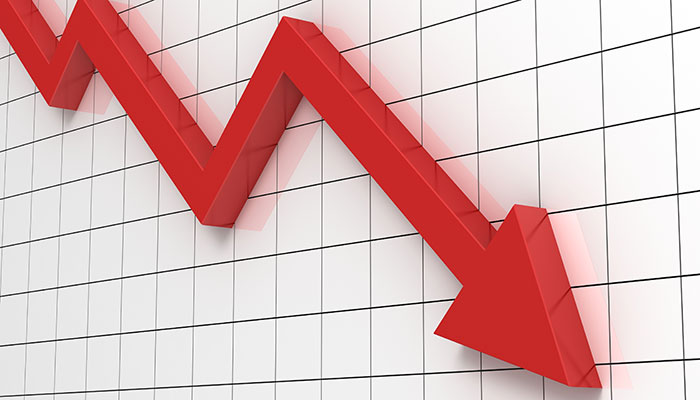
Image © iStock
According to data published today by the Office for National Statistics, average wages excluding bonuses grew by 5.4%.
This is the slowest since July 2022, when it was 5.2%.
Annual growth in wages including bonuses was 4.5%, however the ONS said the comparative number from 2023 was affected by the payment of NHS one-off bonuses.
It is the latest sign that one of the biggest drivers of inflation is lessening, and may convince the Bank of England to continue cutting interest rates.
The ONS also said the number of job vacancies fell by 26,000.
Gora Suri, economist at PwC UK, said: “The latest labour market data continues to point to a cooling labour market, with vacancies falling back further, though unemployment ticked down slightly compared to last month.
“Total pay growth came in at 4.5%, a significant drop compared to last month. However, the fall is partly due to the annual figure being compared to a period which includes last June when one-off bonuses for NHS workers were paid.
“The positive for workers is that living standards continue to improve, with pay growing in real terms for 13 consecutive months. However, the latest figures remain in excess of levels consistent with a 2% inflation target.
“Though CPI inflation is back to target and the rate-cutting cycle has begun, the Bank of England will continue to keep a watchful eye on pay growth as it is highly correlated with services inflation. According to the latest Bank of England Decision Maker Panel survey, expected year-ahead wage growth is currently 4.1%, suggesting it may take time for wage pressures in the economy to fully dissipate.”











